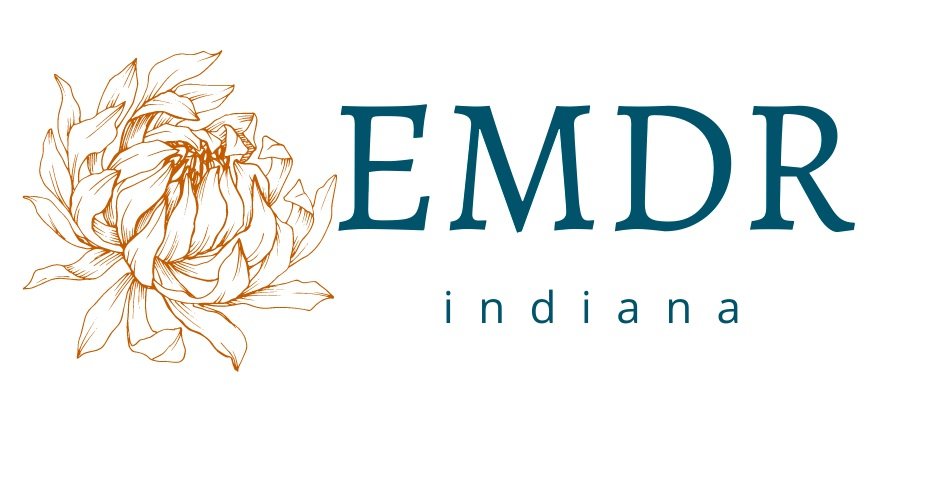What Are EMDR Intensive Therapy Sessions?
Eye Movement Desensitization and Reprocessing (EMDR) therapy has gained significant attention for its effectiveness in treating trauma, anxiety, and other mental health concerns. While EMDR is typically done over a series of weekly sessions, there’s another approach that is becoming increasingly popular: EMDR intensive therapy sessions. But what exactly are these, and how can they benefit you? Let’s explore.
What Is EMDR Therapy?
EMDR therapy is a form of psychotherapy designed to help individuals process traumatic memories and experiences that may be causing emotional distress. Through bilateral stimulation, often in the form of eye movements, tapping, or sounds, EMDR helps the brain reprocess these memories, allowing the individual to reduce the emotional intensity and negative impact they hold.
Typically, EMDR is conducted over several weekly sessions. However, for those seeking faster or more focused treatment, EMDR intensive therapy offers an alternative option.
What Are EMDR Intensive Sessions?
EMDR intensive therapy condenses what would normally be spread across multiple weekly sessions into a more concentrated timeframe. Instead of one-hour weekly sessions, an intensive might involve several hours of EMDR therapy per day, spread over a few consecutive days. This allows clients to make rapid progress in a shorter period of time.
Some examples of intensive schedules might include:
Full-day intensives: Sessions lasting 4-6 hours in one day, often broken up with breaks.
Half-day intensives: Shorter sessions of 2-3 hours in a single day, perfect for those who want focused treatment but may not have the availability or stamina for a full day of therapy.
Multiple-day intensives: Sessions lasting 2-4 hours each day, spread over 2-3 consecutive days, for a balanced approach to processing trauma.
The structure of the intensive is highly customizable to meet the client’s specific needs and schedule.
Who Benefits from EMDR Intensive Therapy?
EMDR intensives can be beneficial for many different individuals, but they are especially helpful for those who:
Want quicker results: If you're dealing with significant trauma or need to work through specific issues in a compressed time frame, such as preparing for an upcoming life event or transition, intensives can accelerate the healing process.
Have limited time for therapy: For those with busy schedules or who find it difficult to commit to weekly therapy sessions, intensives allow them to engage deeply in treatment without long-term scheduling conflicts.
Need a focused treatment approach: EMDR intensives can be ideal for addressing one or two specific traumas or mental health concerns that can be effectively processed in a concentrated timeframe.
Experience severe symptoms: Individuals dealing with acute symptoms of trauma, anxiety, or PTSD might benefit from the focused, intensive nature of this therapy to get quicker relief from their emotional distress.
What to Expect in an EMDR Intensive
Each intensive begins with an in-depth assessment where the therapist works with the client to identify their needs and goals. This is crucial in determining the focus and structure of the intensive. During the intensive itself, clients engage in multiple EMDR sessions throughout the day, allowing for deeper processing of traumatic memories and faster therapeutic progress.
The therapist will guide you through each step of the EMDR process, ensuring that you feel comfortable and supported. Between sessions, there are breaks to help clients recharge and reflect on their progress. The goal is to create a safe, intensive environment where significant emotional healing can occur.
Why Choose EMDR Intensive Therapy?
Here are some key benefits of choosing EMDR intensive sessions over traditional weekly sessions:
Accelerated Healing: Clients often report faster progress because they can process multiple memories and experiences in less time.
Efficiency: Instead of spreading therapy out over weeks or months, intensives allow for concentrated work, which can be especially beneficial for those with limited availability.
Focused Attention: Intensives provide uninterrupted time with your therapist, allowing for deeper therapeutic engagement and focus on your goals.
Fewer Disruptions: Life is busy, and committing to regular weekly therapy sessions can be a challenge. Intensives allow you to focus entirely on your mental health over a few days, with fewer long-term disruptions to your schedule.
Comprehensive Care: During an EMDR intensive, your therapist provides continuous, focused support, ensuring you have the guidance and care needed for deeper healing.
Is EMDR Intensive Therapy Right for You?
EMDR intensives are a powerful option for those ready to commit to focused, deep therapeutic work. Whether you’re working through trauma, anxiety, or other emotional struggles, EMDR intensives offer a chance to make significant progress in a condensed timeframe.
At EMDR Indiana, we specialize in offering personalized EMDR intensive therapy sessions tailored to your specific needs. Our goal is to create a safe, supportive space where you can focus on your healing journey and make meaningful strides toward emotional wellness.
If you're interested in learning more about whether EMDR intensive therapy is the right fit for you, contact us today to schedule a consultation. We’re here to help you take the next step toward a brighter, more balanced future.
